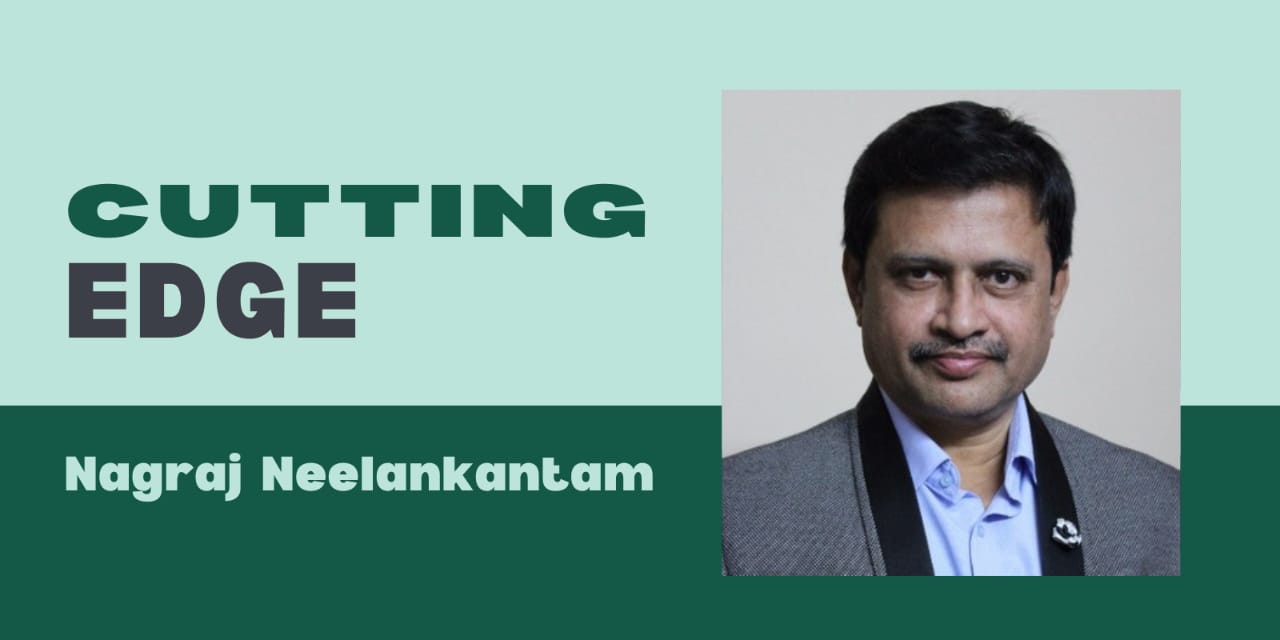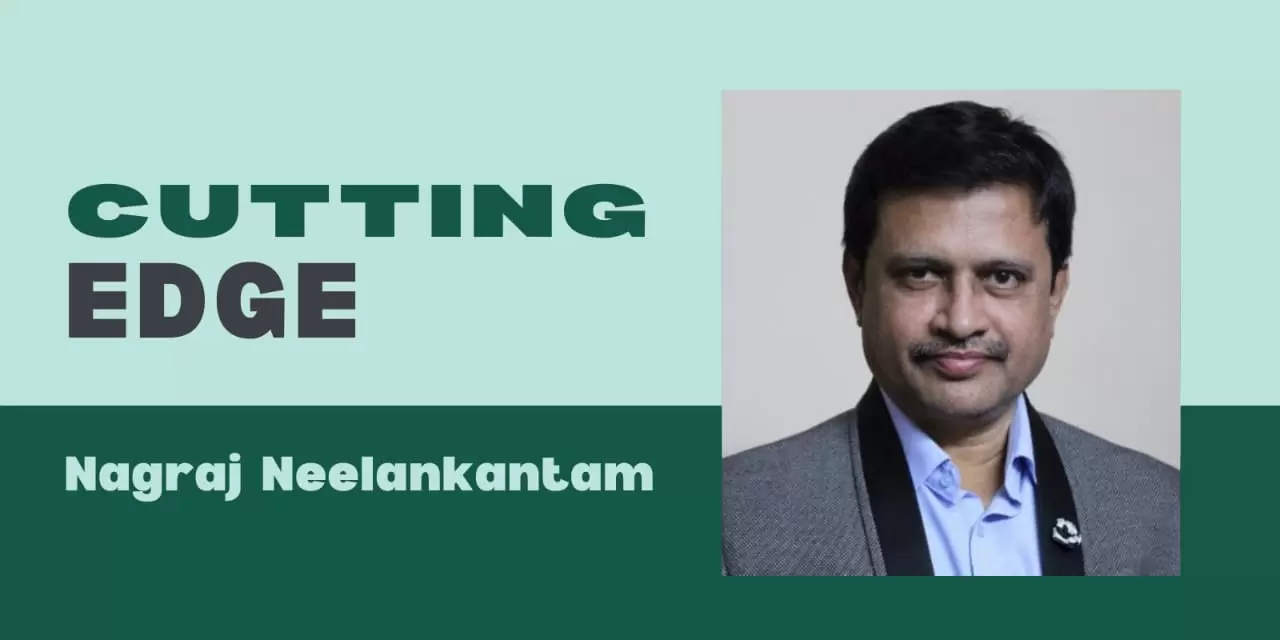BJP leader Savio Rodrigues has dropped a political grenade, accusing the United States’ “Deep State,” former US President Donald Trump, and the CIA of orchestrating a sophisticated plot to destabilise Prime Minister Narendra Modi’s government. The mission, he says, is clear: fracture the BJP–RSS alliance, sow political chaos, and bully India into abandoning its independent line on trade, defence, and global strategy.
Rodrigues labels the alleged playbook “diversion, deception, and division.” In his telling, this strategy emerged after Washington’s frustration over failed trade talks with New Delhi. By exploiting fault lines inside the BJP and RSS, the so-called Deep State aims to weaken Modi’s authority and extract policy concessions favourable to US corporate and geopolitical interests.
A key trigger, according to Rodrigues, was Donald Trump’s surprise offer to mediate between India and Pakistan — an unsolicited and diplomatically loaded gesture that blindsided Modi’s government. Far from an offhand remark, Rodrigues calls it a calculated shot in a larger pressure campaign. He also flags reports of deliberate attempts to provoke disruptions in Parliament, manufacturing a public image of a government losing its grip.
The allegations don’t stop there. Rodrigues claims US intelligence-linked operatives are actively targeting Indian MPs. Intelligence chatter, he says, identifies 37 lawmakers under various forms of pressure — legal, diplomatic, and otherwise — to toe a CIA-friendly line. If accurate, this would mark one of the most audacious cases of foreign interference in India’s domestic politics.

And Washington is not alone in turning the screws. Former UK Prime Minister Boris Johnson’s sharp critique of India’s trade policies is, in Rodrigues’s view, another piece of the same chessboard — Western leaders leveraging economic clout to force strategic compromises. His prescription: the Modi government must develop a serious contingency plan for India’s global diaspora, both to protect Non-Resident Indians (NRIs) if tensions escalate and to channel their expertise back home.
Yet despite this alleged multi-pronged assault, Rodrigues insists the BJP’s rank and file remain fiercely loyal to Modi and Home Minister Amit Shah. The RSS–BJP partnership, often the main target of such destabilisation efforts, still stands as a united block against what he frames as a blend of foreign meddling and domestic political opportunism.
He also fires a warning shot over the sanctity of India’s elections, citing alleged manipulation in the Bihar polls. If opposition parties are indeed working in sync with foreign power networks — as he suggests — the damage would go far beyond Modi’s leadership, striking at the very credibility of Indian democracy.
Whether these claims prove entirely accurate or not, they illuminate an uncomfortable truth: India sits in the crosshairs of a high-stakes geopolitical game where control over its political narrative is as valuable as control over its markets. In such a climate, the choice before the nation is stark — remain vigilant and self-reliant, or risk becoming just another pawn on the board of global power politics.





